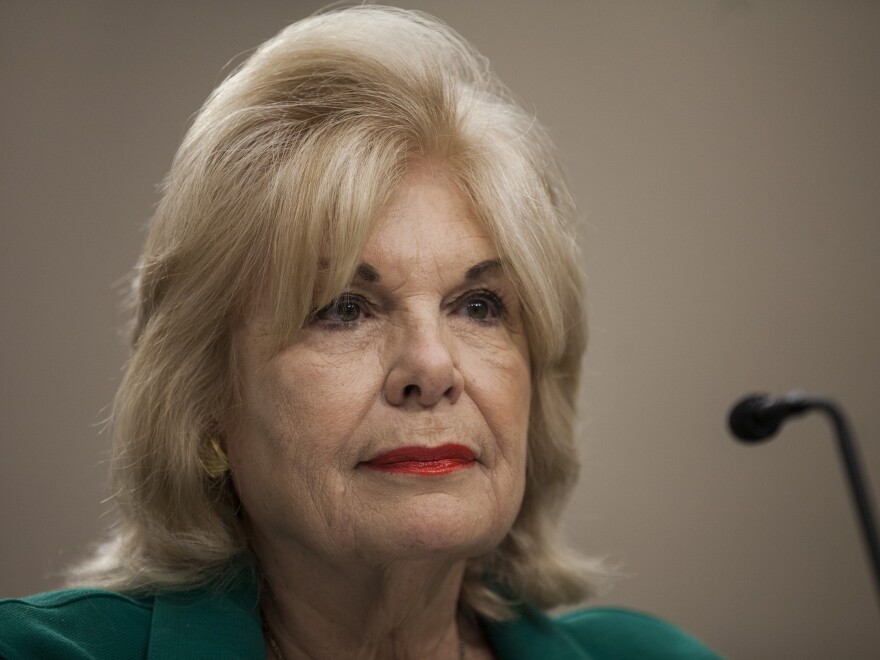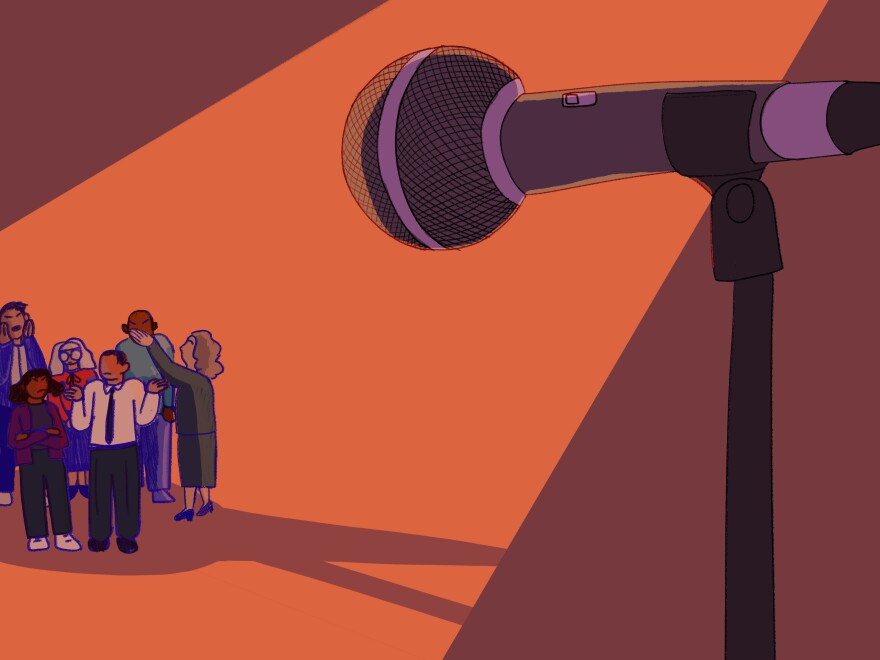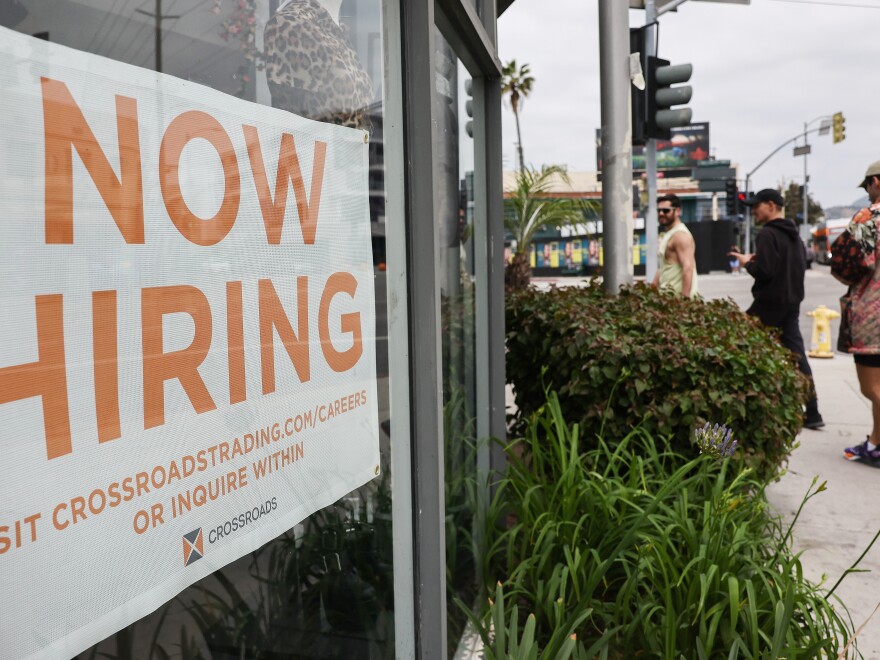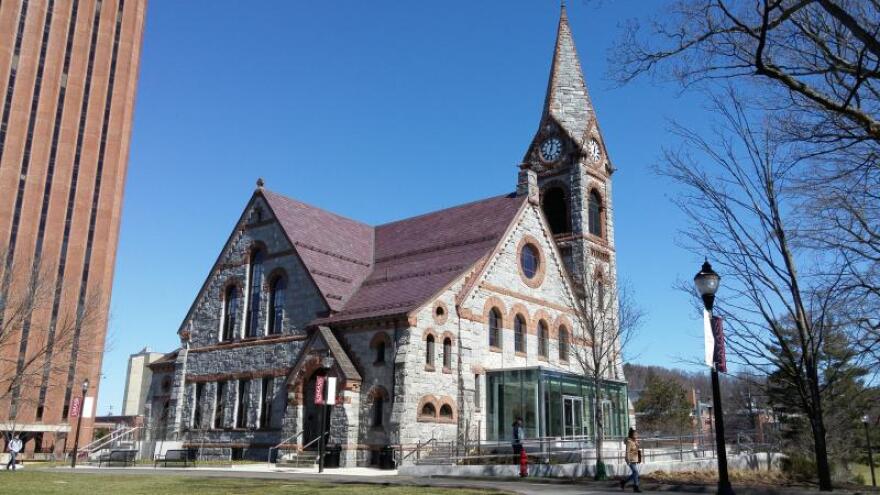Updated @ 12:58 PM EDT on August 2, 2025
President Trump’s signing of a law that claws back $1.1 billion in financing for public broadcasting through fiscal year 2027 prompted the Corporation for Public Broadcasting, which distributes government monies to NPR and PBS, to declare on Friday that it is starting to scale down its operations.
The announcement comes after last month’s largely party-line vote that authorized the public broadcasting changes as part of a $9 billion austerity package that the White House had asked, which also included cuts to international aid. Public media authorities had hoped that senators would return part of the funds for the next fiscal year, but on Thursday, the Senate Appropriations Committee refused to do so.
Patricia Harrison, President and CEO of CPB, stated in a statement, “We now face the difficult reality of closing our operations, despite the extraordinary efforts of millions of Americans who called, wrote, and petitioned Congress to preserve federal funding for CPB.” “CPB remains committed to fulfilling responsibilities and supporting our partners through this transition with transparency and care.”
“Public media has been one of the most trusted institutions in American life, providing educational opportunity, emergency alerts, civil discourse, and cultural connection to every corner of the country,” Harrison stated.
Employees were notified by CPB that most staff roles would be abolished on September 30, 2025, when the fiscal year ends. A small team will stay until January to “focus on compliance, fiscal distributions, and resolution of long-term financial obligations including ensuring continuity for music rights and royalties that remain essential to the public media system,” the CPB statement added.
Harrison pointed out that Congress had not refused to finance CPB for almost 60 years. The private nonprofit organization was established to distribute government funds to public media outlets around the country for emergency alert systems and programs.
The public media system was rocked by shock and anguish on Friday.
“I didn’t really see a day where this separate institution, which is set up to serve the public, would be shut down,” stated Tim Bruno, general manager of the upstate New York-based NPR station Radio Catskill.”I don’t know what stage of grief I’m in right now.”
Some stations started laying off employees earlier this summer in preparation for changes to federal funding. Pittsburgh-based WQED, which operates a TV station and a classical radio station, said on Wednesday that it would be laying off 35% of its employees.
Other organizations, including as KUOW in Seattle, Nashville Public Media, and Louisville Public Media, report a significant increase in donations as a result of the layoffs.
According to Trump and his congressional friends, public media, particularly NPR, is unjust to conservatives and a waste of government dollars. PBS and NPR have both denied bias.
Only a small percentage of NPR’s revenue comes from direct federal funding; the network produces news programs like Morning Edition and All Things Considered. However, a significant amount of its roughly 1,000 member stations’ operating income comes from CPB. CPB subsidies are especially important to those living in rural and impoverished areas. Like its member stations, PBS receives approximately 15% of its revenue from federal funds, which it uses for its nightly PBS News Hour and children’s programming like Daniel Tiger’s Neighborhood.
NPR President and CEO Katherine Maher said in a statement that “the ripple effects of this closure will be felt across every public media organization and, more importantly, in every community across the country that relies on public broadcasting.”
She stated that NPR would respond by “stepping up to support locally owned, nonprofit public radio stations and local journalism across the country, working to maintain public media’s promise of universal service, and upholding the highest standards for independent journalism and cultural programming in service of our nation.” The network has promised to use $8 million of its resources to support struggling local stations.
The majority of Americans still favor public broadcasting, despite accusations of bias from Washington Republicans. 66% of Americans support federal funding for public radio, and the same percentage believe it is a good value, according to a Harris Poll conducted last month. 77% of Democrats and 58% of Republicans supported it. 2,089 American adults participated in the online survey, which had a 2.5 percentage point margin of error.
Disclosure: NPR Correspondents Frank Langfitt and Scott Neuman wrote and covered this story, with assistance from NPR Correspondent David Folkenflik. Managing Editor Vickie Walton-James and Deputy Business Editor Emily Kopp edited it. This story was not evaluated by any NPR news executive or corporate official prior to its public posting, in accordance with NPR’s self-reporting policy.
Copyright 2025 NPR






